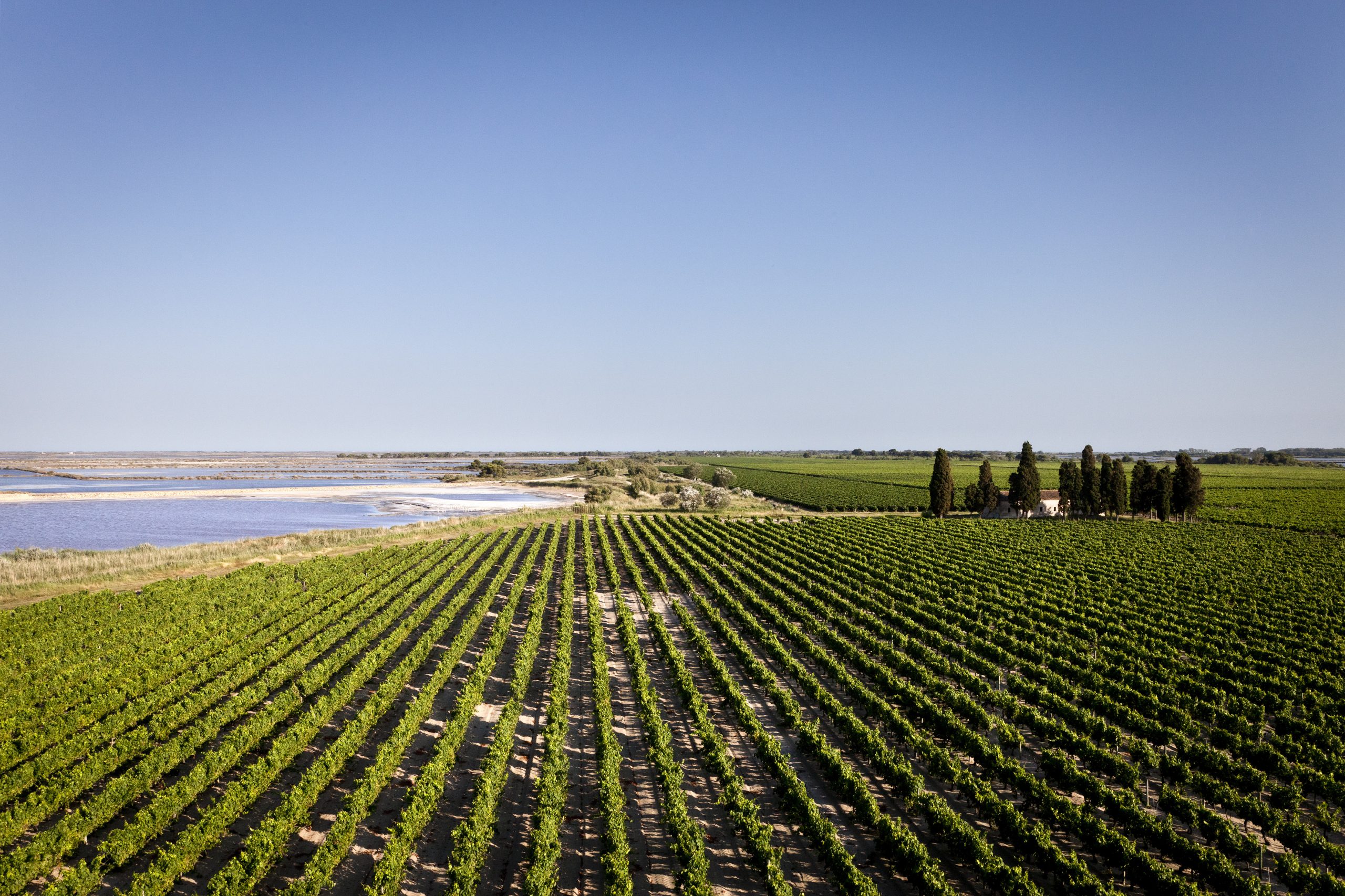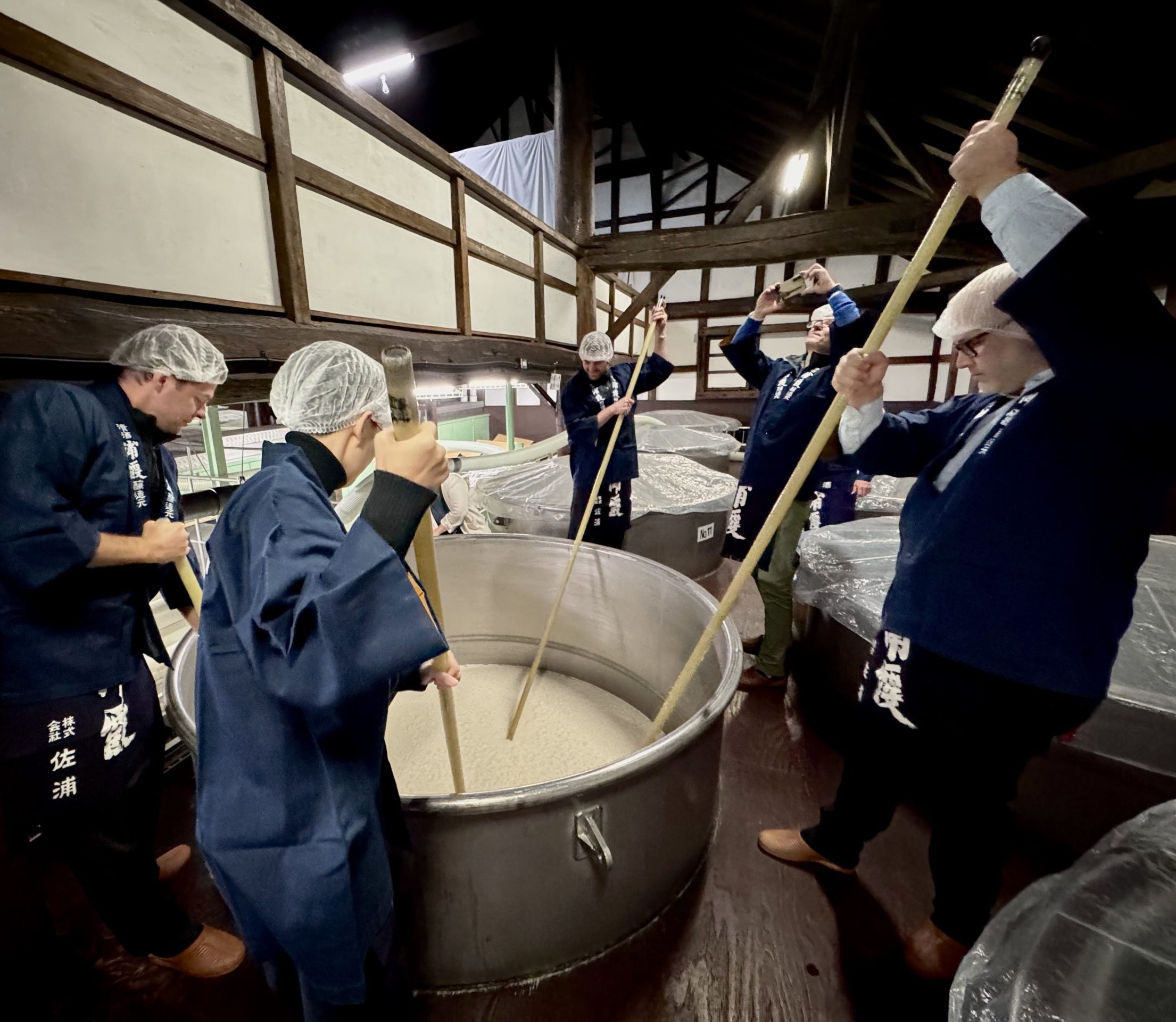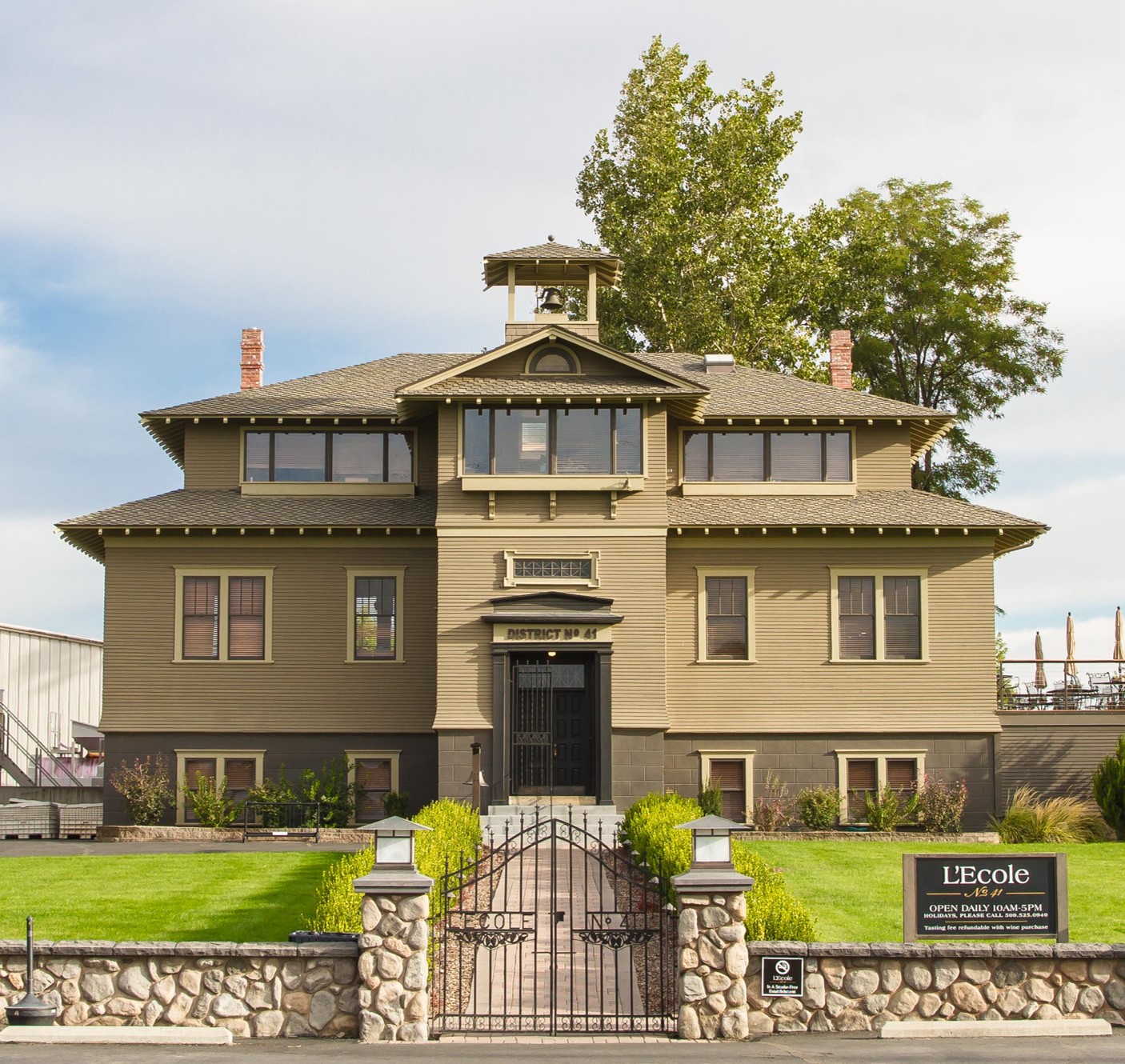Expect the unexpected
Imagine for a moment that when you left school or university your name and credentials were thrown into the employment ring rather in the manner of the US draft system.
If you are an accomplished sportsman about to embark on a professional career in any of the big four US team sports, the better player you are, the poorer team you are likely to end up playing for. It’s an attempt to prevent any particularly wealthy teams gaining a permanent upper hand, and although not followed elsewhere in the world, has a lot to recommend it.
In this type of scheme, when, say, you leave, Oxford, Cambridge, Hull, or whichever establishment you happened to attend, and are a high flyer: off you’d pop to BHS.
If, however, you flunked your way through the academic process and emerge with your tail between your legs any time between 2010 and 2014, it is someone like Shell, or even more exciting, Vitol, that welcomes you with open arms, because they are the employers seemingly “on the up”.
This is all very well, until the unexpected happens, and the Saudis decide that life at the start of your career has been far too comfortable. The problem you have is that you work for an oil company, so your fortunes are more or less tied to the price of oil (I know, I know, unless it is fully integrated, and so on, but the point remains).
Now it is quite a difficult problem to grapple with as far as your career is concerned, because to some extent you have to specialise in something, and that something is not going to stay in vogue throughout your working life. Unless you happen to be Peter Jones and his arsenal of 28 or so companies. You can bet your bottom dollar that these are not all focused on the same space, and deliberately so.
What ‘Dragons’ like him are able to do is diversify their investments, a luxury not customarily afforded most businessmen, unless and until they enter the realms of the seriously wealthy, and even then many prefer to stick to what they know. But what he is doing is instructive. Why has he diversified?
The reason diversification is a crucial part of the investment process is that it pays to expect the unexpected. Leicester City cannot possibly win the Premier League title. Donald Trump can’t possibly win the Republican nomination. The oil price cannot possibly fall through the $30 mark.
Remember the absolute cods that was being spouted during the dotcom boom? Financially the surest way to a dead end is to put all your eggs in one basket, and this is why we at Amphora unashamedly trumpet the complexity of the fine wine market and the opportunities it offers to create a balanced investment profile.
The fact of the matter is that the unexpected happens all the time, and the best insulation you can take against it is to diversify. All the way up to the early 1990s being a “name” at Lloyds of London was considered money for old rope. Safe as houses. Tell that to the thousands that went bankrupt as a result of the collapse of their syndicates 25 years ago.
At Amphora we constantly highlight how beneficial it was for the development of the broader fine wine investment market place that Bordeaux prices went into their long consolidation phase. As a result there is much more trading in names like Dominus from Napa Valley than ever before. Dominus 2002, for example, doubled from the peak in the Liv-ex 100 (June 2011) to now.
Dominus is run by Christian Moueix of the Petrus dynasty, and is an absolute parvenu in Bordeaux terms. Its first production was 1983, four years after Robert Mondavi and Philippe de Rothschild pumped out their first offering at Opus One.
Partner Content
Opus One produces around 25,000 cases per year, not unlike a Super Second but rather more than a first growth, whereas Dominus makes much less. Between the first wine and Napanook there will only be some 7,500 to 12,000 cases, less, in fact, than most first growths.
These two producers have an intriguingly similar history and pedigree, and since 2000 both producers have really hit their straps, scoring over 90 Parker points in virtually every vintage. A closer analysis, however, is quite revealing.
Opus One’s average score is 94 points, stacking it up well against most producers worldwide. Dominus, however, scores well over 97, and includes maximums in 2010 and 2013.
You would have anticipated that the lower production, higher scoring Dominus would be more expensive, but such is not the case.
Take the 2004. A very decent year with a vintage score of 97. The 96 point Opus One costs £2,600 while the 97 point Dominus costs a mere £1,200.
In a “poor” vintage like 2006 (91 points) the relatives are Opus One (93 points) – £2,640, and Dominus (96 points) – £1,200.
This pattern is repeated all the way down the line. We have a direct comparable for guidance purposes, and every single metric suggests Dominus is an absolute bargain.
Meanwhile the Liv-ex 100 has just notched up another monthly rise, but this time the strangest thing has happened. The Rhône 100 is showing a leg. We have mentioned before how somnolent that sector seems to be, and in the office we have debated its causes at length. In the coming weeks we will be monitoring this pulse to see if any of the constituents merit inclusion into portfolios.
Philip Staveley (pictured) is head of research at Amphora Portfolio Management. After a career in the City running emerging markets businesses for such investment banks as Merrill Lynch and Deutsche Bank he now heads up the fine wine investment research proposition at APM. www.apmwineinvestment.co.uk




